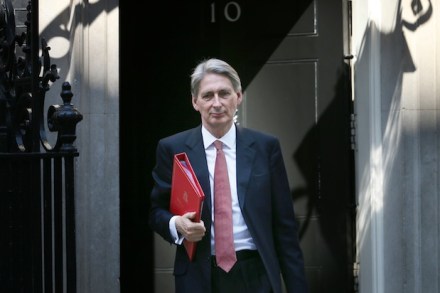Britain abandons foreign policy. And abandons debates about foreign policy too.
Cynics have long suspected that Britain’s foreign policy is as independent as its nuclear deterrent. Cynics have a point. Perhaps, as some suggest, it’s time to concede the game’s a bogey and cease even pretending to pretend this remains a country of at least some modest importance and influence. Except, if we choose to, we do retain some influence, even some importance. Nevertheless, we certainly do not have an Iraq policy at present. Nor do we really have an ISIS policy. The Foreign Secretary is long on what we’re not doing and very short on what we are. Of course this reflects past misadventures. Not just those pertaining to Iraq but



















